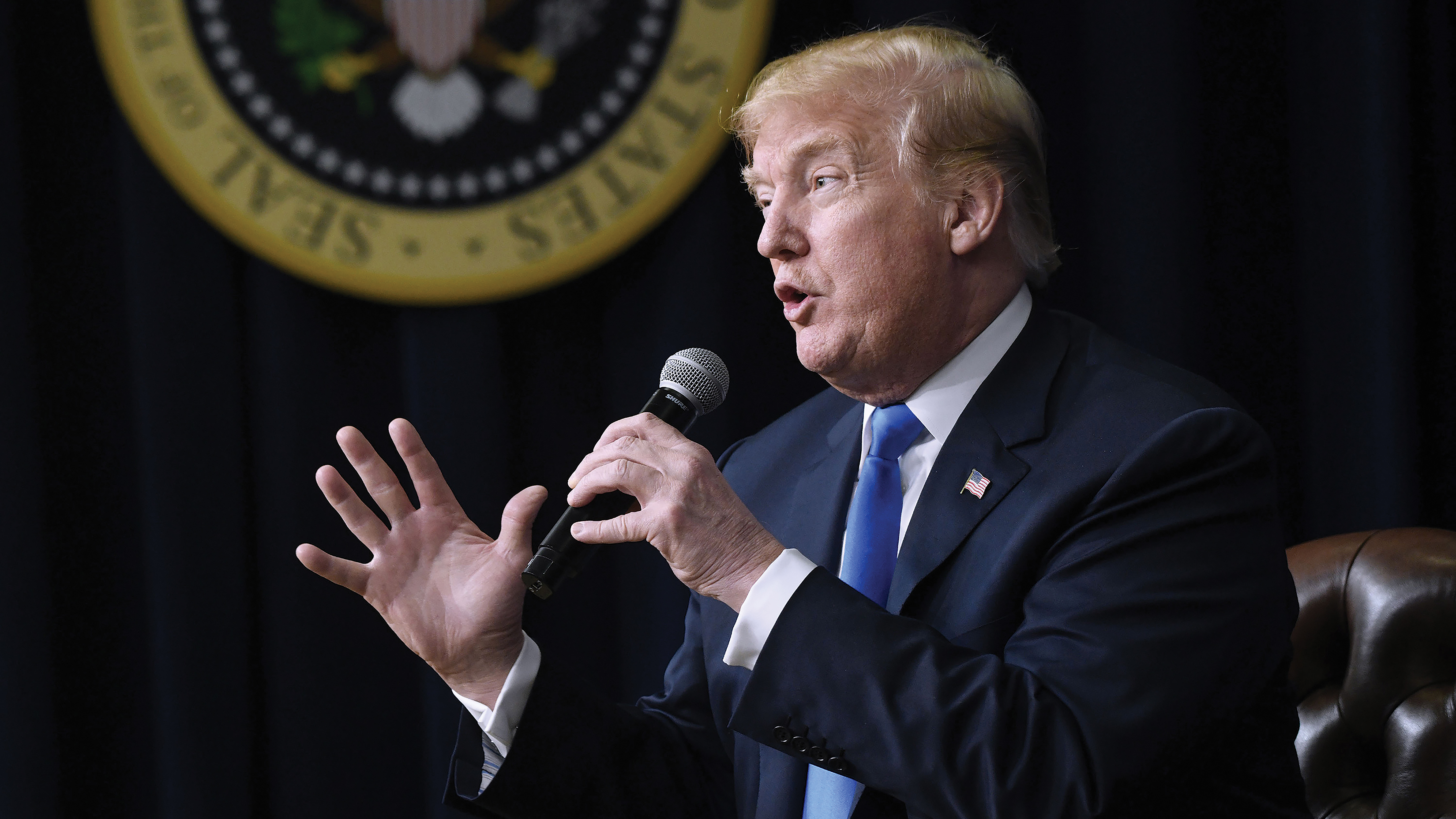Justin Rose
Staff Writer
In a recent rally, President Trump spoke again about enacting the death penalty for drug dealers. This kind of rhetoric is dangerous.
Countries like Singapore and the Philippines have similar policies regarding the execution of drug dealers, and their processes have been extremely, unequivocally violent.
Philippine President Rodrigo Duterte’s war on drugs alone has led to the deaths of thousands of his own citizens.
Attorney General Jeff Sessions told federal prosecutors to seek the most severe penalties for drug offenses.
On multiple occasions, Sessions has expressed his distaste for marijuana.
He is quoted saying marijuana is only slightly less dangerous than heroin, and that no good person has ever smoked the plant.
Could this administration lead us to a new war on drugs? What would this new war look like?
To understand the dangers that a new war on drugs might bring, let us look at the first drug war, led by Richard Nixon and Ronald Reagan.
It was in June of 1971 when Nixon declared the start of the war by saying drug abuse is public enemy number one.
However, his effort to rid the country of drugs didn’t just focus on incarcerating people.
Nixon told Congress the same year that if they wanted to eliminate drug abuse, they must rehabilitate the drug user first.
Nixon wasn’t all talk either, at least for the first year of his presidency.
During his time in office, more money got spent on the treatment, prevention and education on drugs, than the policing of them.
But by the start of his 1972 campaign, he started to lean far-right on the issue, leading to the creation of the Drug Enforcement Administration.
The goal of this organization is to put more of an emphasis on fighting drugs through the criminal justice system.
In 1973, Nixon proposed mandatory minimum sentencing for drug crimes. However, he resigned before his proposal could take shape.
Fast forward to the 1980s, Ronald Reagan is president, and the war on drugs is about to reach its peak.
In the early stages of his presidency, Reagan declared illicit drugs a direct threat to the country’s national security.
He also signed numerous pieces of legislation, including the Mandatory Minimum Sentencing Law of 1986.
These laws had drug offenders, who only had minor infractions, face a lifetime of consequences.
These laws also led to a significant increase in incarcerations for nonviolent drug offenses.
The same laws were later criticized for having racist ramifications.
This is because longer prison sentences were given to drug offenses dealing with crack cocaine, rather than offenses dealing with the same amount of powdered cocaine.
Crack cocaine had been used more often by black Americans, while powdered cocaine became used more by white Americans.
The same critics point toward data showing that black Americans are targeted and arrested on suspicion of drug use at a higher rate than white Americans, despite using drugs at the same rate.
While technically the war on drugs is still being fought today, it certainly doesn’t have the same intensity or support as it had in the past.
Barack Obama did a lot during his presidency to roll back a lot of the drug war policies put in place by previous administrations.
Obama’s administration green-lighted states to implement their own laws on recreational marijuana use, and he also spoke publicly against mass incarceration and mandatory minimum drug sentencing.
Maybe the most important thing he did when it came to the rolling back of these policies was to make people think about drug addiction and abuse as a health issue rather than a criminal issue.
If Trump does follow through with this policy change and go back to the old ways of dealing with drug abuse and addiction, what would it look like?
Supporters of this kind of policy say that having harsh sentencing for these crimes will act as a deterrent.
However, if we look to our past for answers, we can see that it won’t be that easy.
Critics of Trump’s proposal say that it will again lead to more people in jail while not solving the root causes of drug addiction.
Also, more people will be scared to seek treatment for their addiction. This will lead to an increase in deaths as a result.
That is a terrible thing to think about, especially since we are currently in the midst of an opioid crisis.

